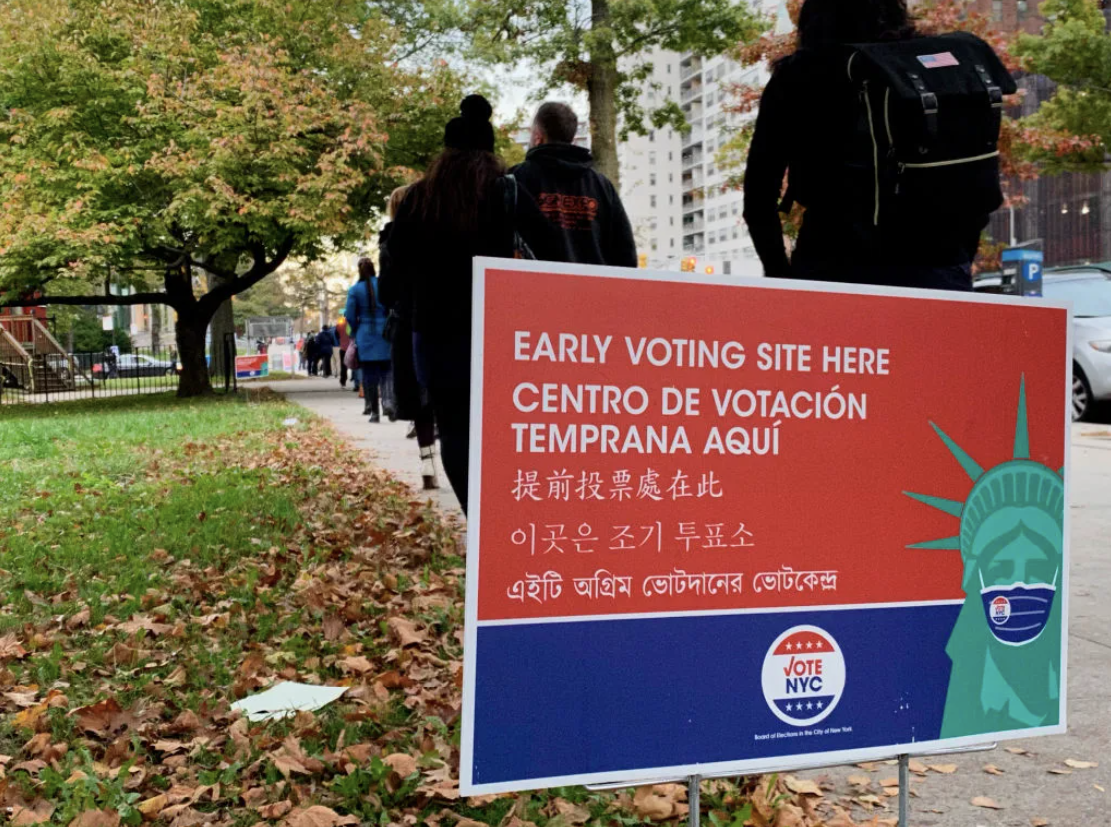Multilingualism Is an American Tradition. So Is Backlash to It
July 02, 2024

During a recent campaign-style speech at the Conservative Political Action Conference (CPAC), former President Donald Trump added a new twist to his usual anti-immigrant discourse by suggesting that immigrants coming to the United States are speaking “languages that nobody in this country has ever heard of.”
The implication in Trump’s statement is that linguistic diversity is a threat. This argument is not new. While the United States does not have an official language and more than 350 languages are currently spoken here, political debate over the use of languages other than English is nearly as old as the United States itself.
History shows us that the United States has been a reluctantly multilingual society, often pursuing linguistic assimilation instead of capitalizing on its natural linguistic diversity. Far from being mysterious and dangerous, multilingualism strengthens the economy and builds international connections.
The implication in Trump’s statement is that linguistic diversity is a threat. This argument is not new. While the United States does not have an official language and more than 350 languages are currently spoken here, political debate over the use of languages other than English is nearly as old as the United States itself.
History shows us that the United States has been a reluctantly multilingual society, often pursuing linguistic assimilation instead of capitalizing on its natural linguistic diversity. Far from being mysterious and dangerous, multilingualism strengthens the economy and builds international connections.
From the time of independence, the United States has been a multilingual society. In addition to the hundreds of indigenous languages spoken prior to the first contact with European explorers and settlers, more than a quarter of all early settlers were non-English speaking. As the United States expanded, through the Louisiana Purchase and the Treaty of Guadalupe Hidalgo, it added both territory and vast numbers of speakers of French and Spanish.